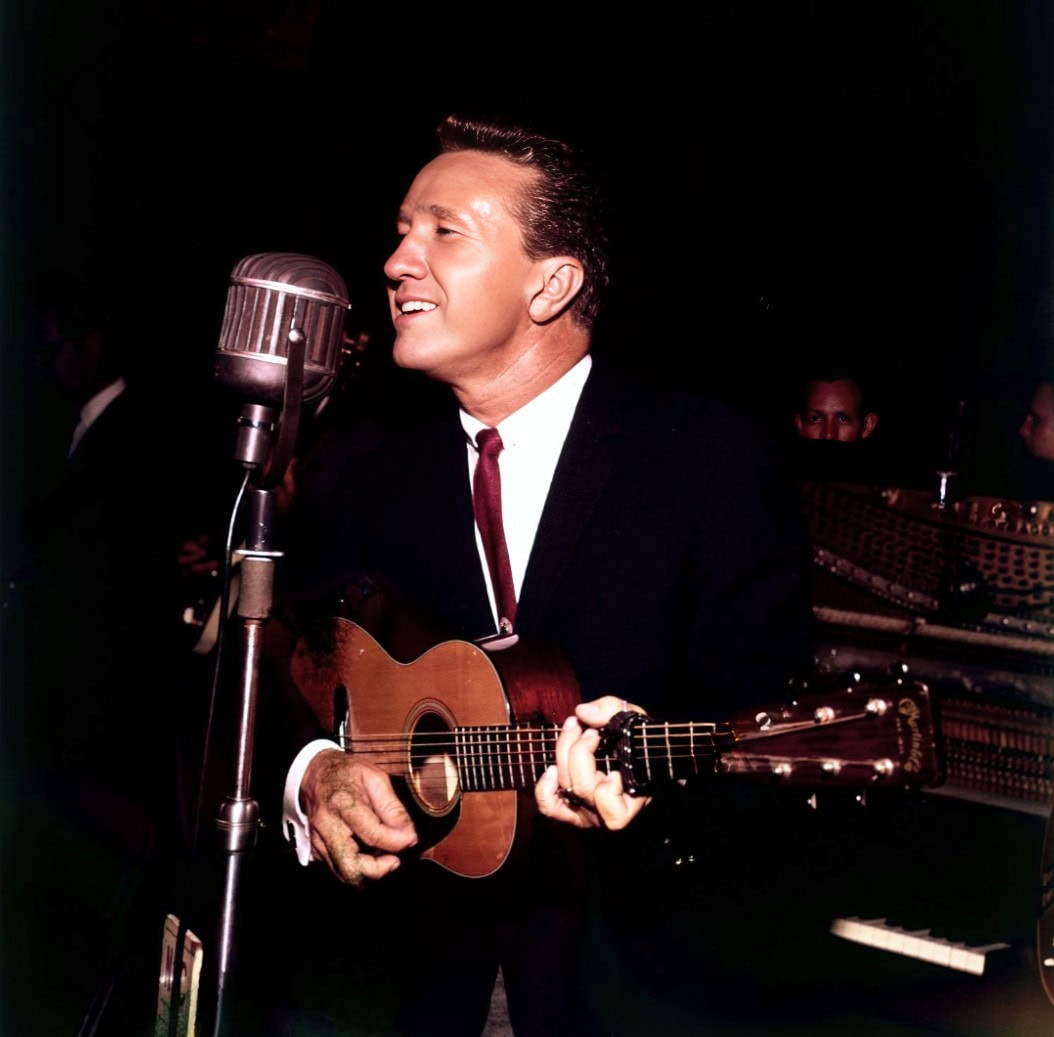
Marty Robbins, a name synonymous with classic country and Western music, was a prolific American singer, songwriter, and multi-instrumentalist whose career spanned over three decades. Inducted into the Country Music Hall of Fame in 1982, Robbins garnered numerous accolades, including Grammy Awards for hits like “El Paso” and “My Woman, My Woman, My Wife.” His music frequently topped the charts, showcasing his versatility in blending genres like country, pop, and even Hawaiian music.
Among his vast catalog, “The Master’s Call,” released in 1959, stands out as a particularly poignant and spiritually resonant song. It’s a narrative ballad, characteristic of Robbins’ storytelling style, that recounts the story of a weary cowboy receiving a heavenly summons. The lyrics depict a cowboy, worn down by life and longing for respite, hearing the voice of God calling him home to rest. The song deals with themes of faith, redemption, and the promise of eternal peace after a life of hardship. It explores the universal longing for comfort and the acceptance of mortality through the lens of a classic Western archetype.
“The Master’s Call” resonates deeply with audiences for its simplicity and heartfelt delivery. While not a massive chart-topper in the traditional sense, the song’s enduring appeal lies in its emotional depth and spiritual message. Listeners often praise Robbins’ evocative vocals and the song’s ability to offer solace and hope in the face of adversity. Many find comfort in the narrative of finding peace in the afterlife, and the song is frequently requested and played at memorial services and times of personal reflection, solidifying its status as a beloved and comforting classic.